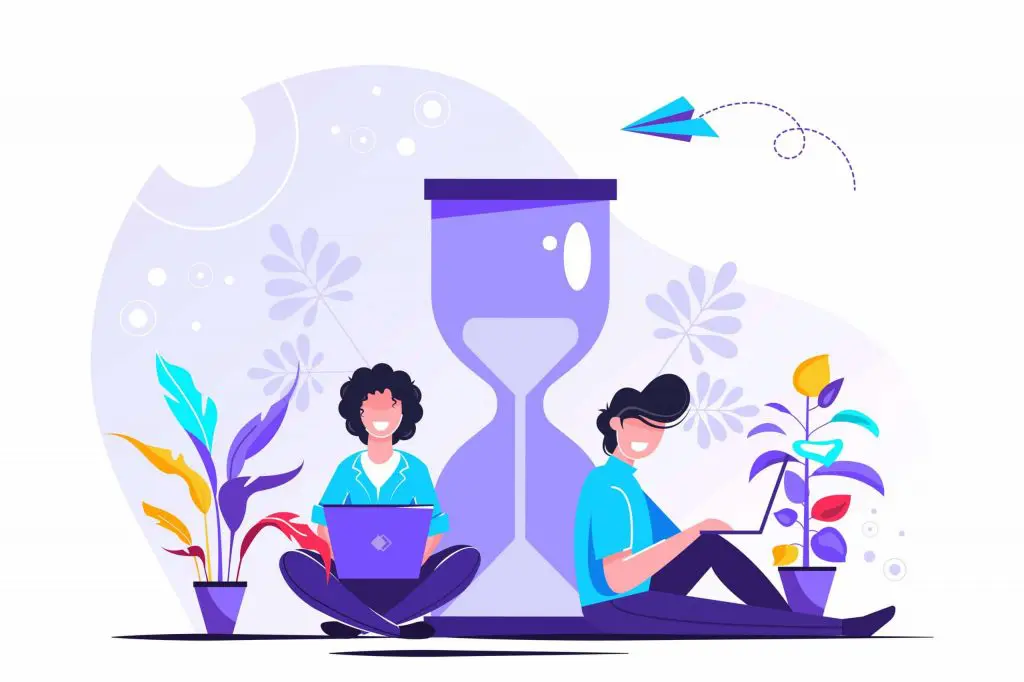The Rise of the ‘Entitled Customer’ (and 3 Must-Have Skills to Deal with Them)
You’ve heard the popular saying, “the customer is always right,” but is it true?
Customers can be unreasonable, overly demanding, or just plain mean, and certainly not “right.” But in recent years, businesses have seen the rise of a new breed of difficult customer – the Entitled Customer. These customers are changing the face of the service industry. Businesses need to treat customers like gold or risk losing them to competitors and receiving scathing reviews.
What does this mean for you? There are a few skills you can learn so that you treat your Entitled Customer right every time.
Table of Contents
What Is the ‘Entitled Customer’?
When someone is “entitled,” they feel they deserve a heightened level of service. They see themselves as special and worthy of immediate attention. For the entitled customer, the whole world revolves around them.
Studies show that in the internet age, customers feel more entitled than ever. They have so many choices, and fewer face-to-face interactions with businesses, that they don’t hesitate to advocate for themselves and make demands.
It may sound like a business’s worst nightmare, but if you think about it, wouldn’t you like to have this level of service?
Practice Active Listening
Active listening means listening closely to what a person says and repeating it back to them in your own words. It serves two purposes. One, you make sure you fully understand what they’re saying so you don’t get anything wrong. Two, you show that you’re paying attention and make the other person feel heard.
This skill is essential for good customer service because you need to fully understand the complaint before you can offer a solution. Active listening fosters better communication.
Use Empathy
Empathy is the ability to put yourself in the other person’s shoes and understand how they feel. It doesn’t mean you agree with them or take responsibility for the problem. It just means you can feel the frustration they’re feeling and you get why they’re upset.
People buy things largely because of how they feel. It is less about what the customer needs. An important part of resolving these issues is to move the customer from feeling wronged to feeling satisfied, so you need to be in touch with their feelings.
Being Flexible
You need to have flexibility in your problem-solving skills to meet the needs of the customer and provide a good solution. This doesn’t mean that you’re going to violate your policies or cross any boundaries you shouldn’t cross. It just helps if you have some wiggle room and you’re not inflexible.
Get Prepared
In addition to these skills, it helps if you’re ready with a plan for complaints. No matter how great your products and services, you’re sometimes going to encounter entitled customers who feel let down. Develop a plan and protocols for everybody to follow, and difficult customers will rarely cause major disruptions in your business.






Responses